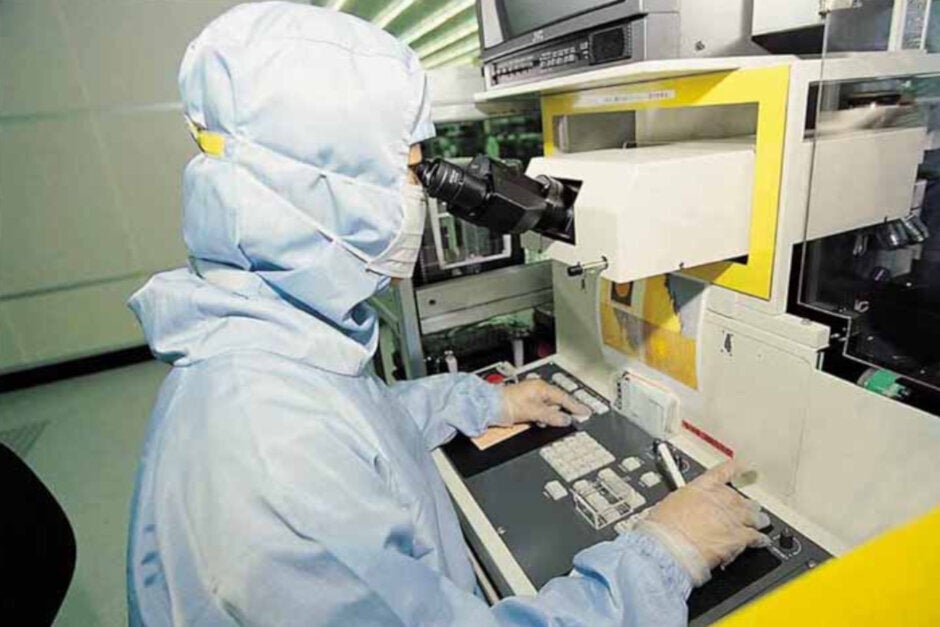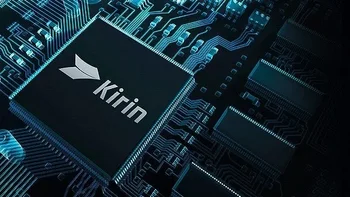U.S. draft proposal could be the coup de grace for Huawei

You might ask yourself what more could the U.S. do to hurt Huawei? Branded as a national security threat in the states, banned from accessing its U.S. supply chain (which it spent $11 billion on in 2018) and blocked from having its equipment used in U.S. 5G networks, Huawei still managed to top Apple by shipping approximately 240 million smartphones in 2019 even though it was forced to replace the Google Mobile Services version of Android with an open-source version.
It also remains the world's leading provider of networking equipment despite U.S. efforts to warn its allies not to use the company's gear. The Trump administration has considered propping up Huawei's rivals in the industry. For example, Attorney General William Barr suggested that the U.S. buy a controlling interest in Nokia and Ericsson, an idea that even Vice President Mike Pence saw as foolish. The administration also floated the idea of providing cheap funds to Nokia and Ericsson to help the pair offer financing terms to customers that would match the generous deals offered by Huawei; the latter has a partnership with China's state-run bank which allows it to give its customers special deals.
U.S. drafts a proposal that could really send Huawei into a tailspin
And now Reuters is reporting that the U.S. is considering a way to block Huawei from receiving chips it has produced by Taiwan Semiconductor Manufacturing Company (TSMC). The latter is the world's largest independent foundry and manufactures chips designed by companies that don't own the facilities needed to fabricate these components. For example, Apple designs its own A-series chipsets but has TSMC manufacture them. The same process is used by other firms such as Qualcomm and by Huawei's HiSilicon unit. HiSilicon designs chips for Huawei's handsets and TSMC builds them.

U.S. might soon be able to prevent TSMC from shipping chips it made for Huawei
It obviously would be a big blow if Huawei was unable to have its chips made by TSMC, especially since the foundry is about to start churning out more powerful 5nm chips in the middle of this year. The process node number provides a reference to the number of transistors found inside a small dense integrated circuit. The lower the process node, the higher the number of transistors inside a chip, more transistors inside a chip make it more powerful and energy-efficient. For example, the currently employed 7nm Apple A13 Bionic sports 8.5 billion transistors and this year's 5nm A14 Bionic could have as many as 15 billion transistors inside. Only TSMC and Samsung will be producing 5nm chips for mobile devices this year so losing access to this technology could be a huge blow to the company.
Back in November, TSMC denied a report stating that the U.S. was trying to block it from shipping chips to Huawei. But it now appears that there might have been some truth to that rumor. To keep TSMC and other chip manufacturers from shipping chips to Huawei, the Trump administration has reportedly written a draft proposal. The proposal would force foreign companies that use U.S.-made chip manufacturing equipment to obtain a license from the U.S. government before shipping chips to Huawei. This would be accomplished through a change in the Foreign Direct Product Rule which currently allows the U.S. to control foreign exports of products that contain 25% or more U.S.-origin content by value.
The Commerce Department wants to drop that threshold to 10% which would give the U.S. export control over most products made overseas with U.S.-sourced content. The Pentagon didn't want the rule change for fear that U.S. suppliers would lose sales to Huawei forcing them to cut spending on research and development. The Pentagon worries that by cutting R&D, American firms would lose their innovative edge in the global tech marketplace.
A change in this rule could allow the U.S. to control the export of chips scheduled to be shipped to Huawei. A report published last year by China's Everbright Securities said, "There is no production line in China that uses only equipment made in China, so it is very difficult to make any chipsets without U.S. equipment." With that in mind, Huawei could be in very serious trouble if this proposal gets past the "draft" stage.
A Commerce Department spokesman pointed out that recent allegations made by the U.S. charging Huawei with stealing trade secrets "reaffirm the need for caution in considering license applications. The U.S. continues to have major concerns about Huawei." A TSMC spokesman said that the company doesn't respond to hypothetical questions and questions about individual customers. Huawei did not respond to questions.
The U.S. considers Huawei to be a security risk because of the company's ties to the communist Chinese government.
Follow us on Google News













Things that are NOT allowed:
To help keep our community safe and free from spam, we apply temporary limits to newly created accounts: